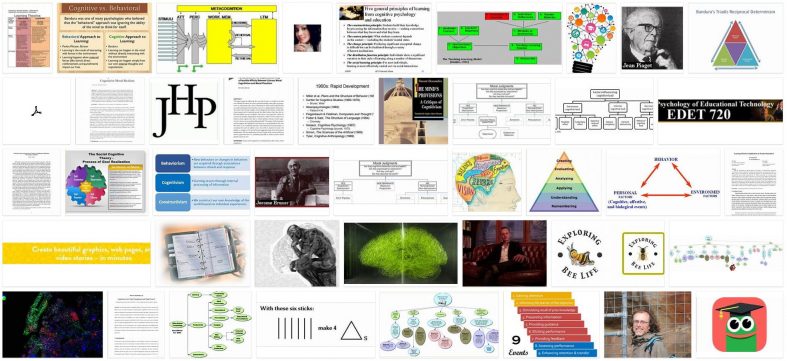Cognitivism, in psychology, is a theoretical approach that aims to understand the way the mind thinks and learns.
The word, as such, is derived from the cognitive adjective , which refers to everything pertaining to or related to knowledge, and is formed with the suffix – ism , which means ‘system’ or ‘school’.
In this sense, cognitivism is characterized by its quest to understand how the human mind interprets, processes and stores information.
Cognitivism arises in opposition to behaviorism, a behavioral theory that focuses on behavior as a subject of study, and that focuses on understanding the way in which the mind functions and reacts to stimuli.
Cognitivists, on the other hand, consider that the way in which people think influences their behavior, and deny the conductivist conception that thought processes are a behavior in itself.
Thus, cognitivists focus on thinking, its functions, processes and the way in which the mind solves complex tasks.
For this, they use quantitative and scientific methods to understand the functions of the mind and create models and schemes that show and explain how information processing occurs.
Cognitivism, in addition, is applied by various disciplines, such as computer science, linguistics, education or pedagogy, which share the interest in understanding the way in which information is processed.
Hence, over time, cognitive theory has been incorporating notions of systems theory, information and robotics.
